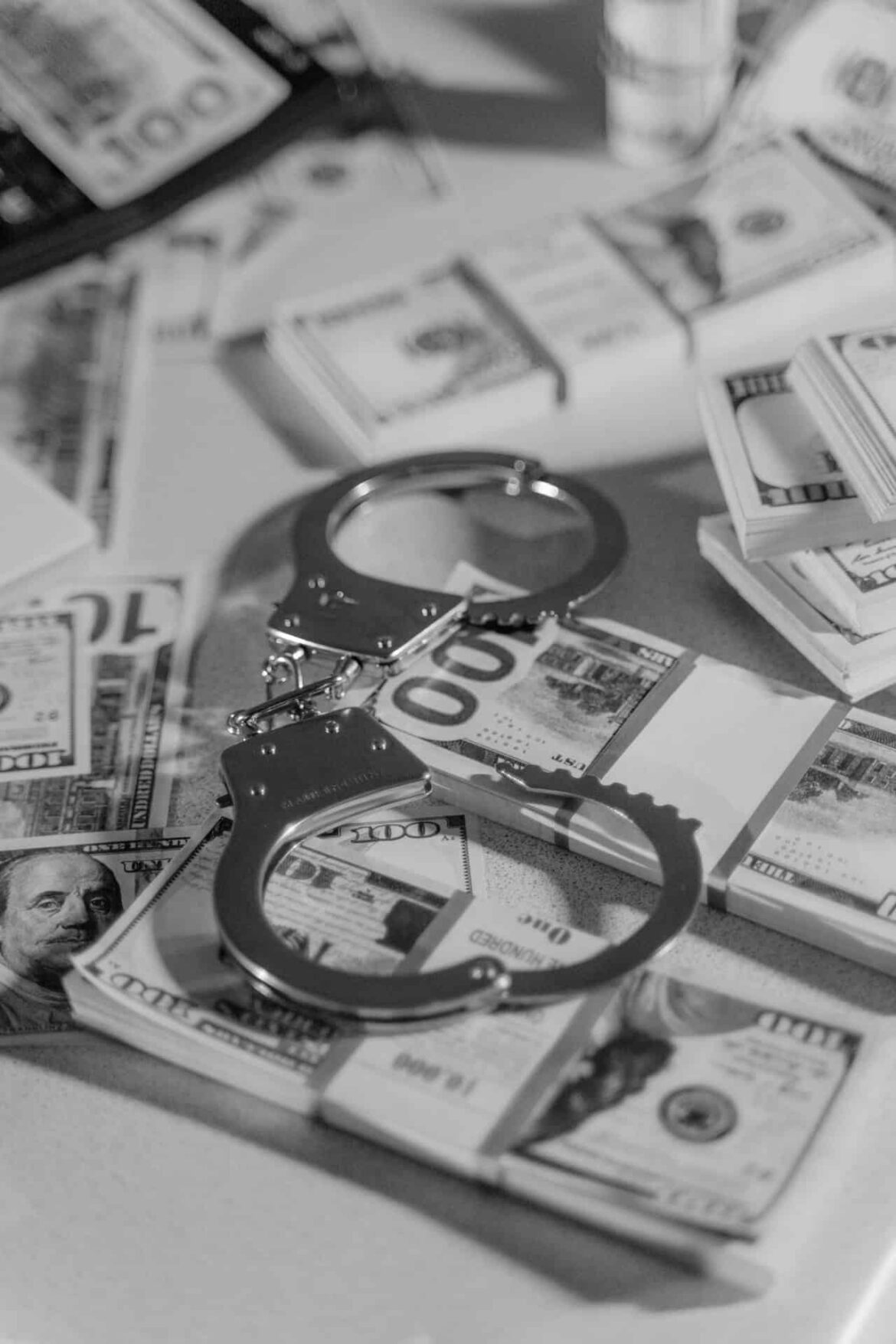A quick search on “debt consolidation companies around me” would give you hundreds of companies all advertising themselves as the best way to settle debts owed. Often time this is right, often time this is far from the truth. We recommend that one give it a serious thought before going out to get a debt consolidation loan, as it could make your situation worse rather than better.
Simply put, a loan used to pay off other unsecured debt is called a Debt consolidation. Personal loans, credit card loans, and store card loans make the list of loans that one can use a debt consolidation loan to pay.
Taking out a debt consolidation loan means that:
- In a broad sense, you have consolidated all your monthly payments into one payment to cover your debts.
- You get to make more payments if the interest rate of your debt consolidation loan is lower than the interest rate of what you owed originally.
- You stand a chance of lowering your interest rate if your credit score has improved since you last took a loan.
- You get to reduce monthly payments has the new loan will likely be spread out over a long period.
Make no mistake, the above points are not awesome! Many people have different solutions to their financial drawdowns. Debt consolidation is certainly is not a solution to all, and oftentimes, its pros are also its cons. Plan out your needs carefully. You would not want to worsen your financial status. Taking out a debt consolidation loan without carefully ascertaining the need will definitely hurt you.
If you do decide to take out a debt consolidation loan, you will only have one company to pay back each month. However, you may be making large payments to that company every month and over a long period. If you’re struggling to pay the debts you have at the moment, you may not be able to afford the payments to a debt consolidation loan. Look at your income and expenditure to see what money you have available. Be sure that you can comfortably afford the repayments. If you can not afford the payments, you will end up struggling even more in the future.
If you are in between multiple debts, interest rates, payments amounts, and due dates, debt consolidation might be right for you. As a rule of thumb, when getting a debt consolidation loan, do not request a secure loan to pay off a bunch of unsecured loans.
A secured loan is when a debt is secured against your property. If you cannot pay the loan back, the loan company can sell your property. A secured loan is usually cheaper than an unsecured loan. This is because the lender knows that he or she can sell your assets if you do not pay the money back. As there is less risk to lenders, they are usually able to offer lower interest rates for secured loans. But a secured loan is much riskier for you. You never know how your circumstances might change in the future and you could be putting your home at risk with a secured loan.
An unsecured loan is also known as a personal loan. They include:
- Medical bills
- Student loans
- Outstanding credit card balances
- Personal loans
- Utility bills
If you have problems keeping up with your repayments, your credit rating will be affected but the loan company will not be able to repossess your home. In these circumstances, you may be able to reach an agreement with the lender for them to accept lower payments or refinance your loan over a longer period(debt consolidation loan).
Getting a debt consolidation loan has never been an easy task and we strongly recommend getting the help of a professional when you find yourself in such a situation.

